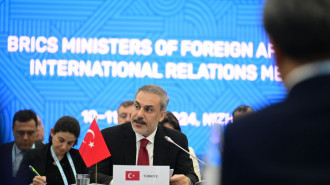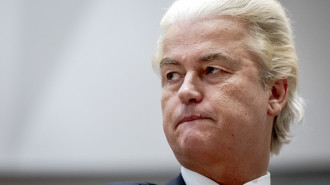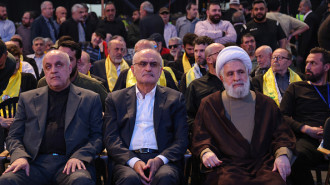One killed in security raid on eastern Saudi town
The interior ministry identified the man as Ali Mahmoud Ali Abdullah and said an operation to arrest him took place in Awamiya town at 4:00 pm (1300 GMT).
The interior ministry spokesman said that when officers raided a farm in Awamiyah the suspect "opened fire and the situation was responded to, resulting in his death. In his possession was an automatic weapon and pistol."
Local activists have contested the ministry's version of events, saying that Abdullah did not have any weapons.
In an unusual move, the interior ministry released a photo of Abdullah wearing a baseball cap sideways on his head.
"Available evidence showed he participated in committing a number of terrorist crimes, destabilising security and public order in Qatif," the spokesman said, referring to the surrounding Shia-dominated region.
The sounds of gunfire could still be heard in Awamiyah on Tuesday evening, a witness told AFP.
He reported black smoke hanging over the town from tires burned in the streets by residents. The witness also reported seeing the body of a second individual lying in the street.
"People said an armoured vehicle hit him," the witness said.
Earlier in the day, video shot by local residents showing a large convoy of armoured security vehicles emerged on social media.
The town of about 30,000 has been the scene of repeated incidents since 2011.
A week of unrest including gunfire, burning tires and explosions shook Awamiya after the execution of prominent Shia cleric Nimr al-Nimr on 2 January.
He was a driving force behind protests that began in 2011 inspired by the Arab spring revolutions.
Those protests later developed into a call for equality in the hardline Sunni-dominated kingdom, where Shias complain of marginalization and descrimination.
After the protests started, police issued a list of 23 wanted people. Many suspects on that list have already been detained or killed in shootouts.
Since late 2014, Saudi Shias have been targeted by suicide bombings and shootings claimed by the Islamic State group, who consider them heretics.







 Follow the Middle East's top stories in English at The New Arab on Google News
Follow the Middle East's top stories in English at The New Arab on Google News


